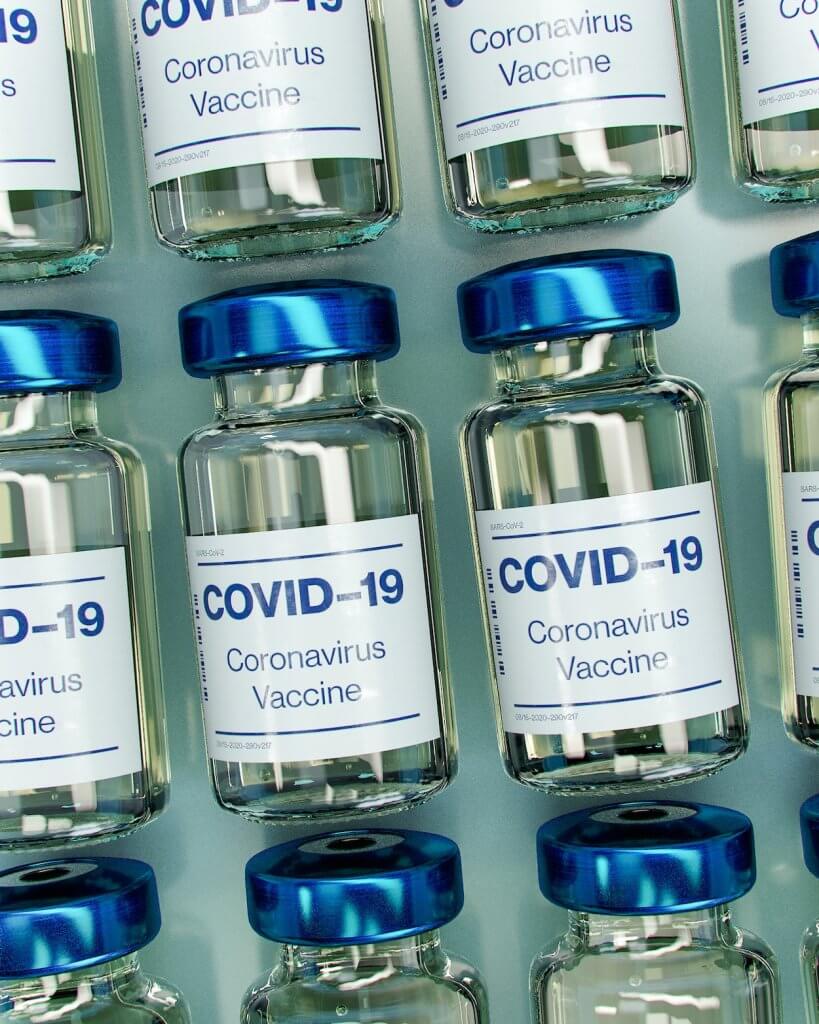The Religious Objection to COVID-19 Vaccinations Explained
December 22nd, 2023

Many people in the United States have claimed that they have a religious objection to the Covid-19 vaccine. What exactly does this mean? How can someone object to a vaccine on religious grounds, and what is the connection between an mRNA vaccine and the Christian faith? For those unfamiliar with this debate, the subject can seem incredibly confusing.
Fetal Cells Take Center Stage over Religious Objection
For some, the debate over religious objection involves fetal cells. Scientists use cell lines grown in a laboratory. However, “they descend from cells taken from abortions in the 1970s and 1980s. Those individual cells from the 1970s and 1980s have since multiplied into many new cells over the past four or five decades, creating new fetal cell lines… Current fetal cell lines are thousands of generations removed from the original fetal tissue. They do not contain any tissue from a fetus.”
Nevertheless, since various religious groups oppose abortions, this original use of fetal cells presents a legitimate ethical problem for them. In the same way that vegans refuse to use anything that involves animal products, Christians and other religious individuals refuse to use anything that involves fetal cells, even though none of the vaccines actually contain fetal cells.
When a person receives a Covid-19 vaccination, they are not injected with fetal cells. For religious individuals who claim a religious objection, however, this doesn’t matter. The only relevant factor is that fetal cells were originally used to create the cell lines that scientists used to develop the virus.
Again, parallels can be drawn between animal activists and those who object to vaccines on religious grounds. A vegan might oppose a skincare product because it was tested on animals during the development phase. The final skincare product might not contain any animal products, but it still represents an ethical issue. Even though the commercially available COVID-19 vaccine does not contain any fetal parts, it still presents a similar ethical issue for religious individuals because of the way it was developed.
That said, it is worth pointing out that many religious groups, including the Catholic Church, have urged their followers to get the vaccine and have stated there is no discrepancy between being opposed to abortion and getting vaccinated and that vaccination is the morally right thing to do.
Did All COVID-19 Vaccines Use Fetal Cell Lines?
According to the Michigan Department of Health and Human Services, only “some” COVID-19 vaccine developers used fetal cell lines. The department specifically points to three vaccine companies that are confirmed to have used this development technique:
- Johnson & Johnson
- Pfizer
- Moderna
Michigan also stresses that the Novavax vaccine did not use fetal cells at any point throughout its development, manufacturing, or production phases. This implies that Novavax was the only company not to use fetal cell lines.
The CDC recommends either the Pfizer, Moderna, or Novavax vaccines. In other words, even if individuals with a religious objection raised ethical issues due to the use of fetal cell lines, they could have simply opted for the Novavax vaccine.
Religious Objections Have Been Upheld by Numerous US Courts
Despite the fact that the Novavax vaccine offered a clear option for those who objected to the use of fetal cell lines, religious objections to all COVID-19 vaccinations have been upheld by numerous US courts. Although these lawsuits were initially rejected by most courts, plaintiffs are now experiencing much greater levels of success as they attempt to sue their employers and other allegedly negligent parties. Often, these plaintiffs were fired because they failed to get vaccinated.
Following Religious Rights Cases
The question of religious exemptions to mandatory vaccinations has yet to be fully resolved in the United States. The basis of religious rights originated in the US Constitution, but there continue to be various challenges each week that test the exact limits and nature of religious rights in this country. The Universal Life Church’s blog focuses on documenting the most noteworthy of these cases. We strive to detail cases in a way that examines both sides to a matter as well as explains even the most complex issues in a way that can be quickly understood by readers.


